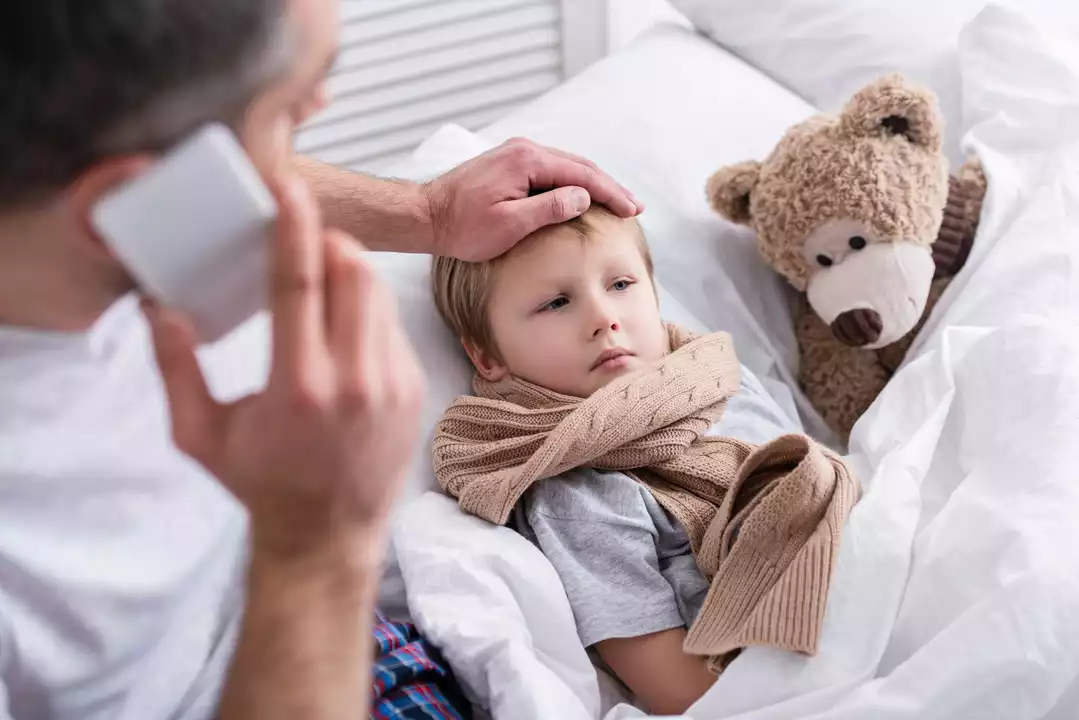Recognizing the Symptoms of Mountain Sickness in Children
As a parent, it is crucial to recognize the early signs of mountain sickness in your child. Children tend to be more susceptible to altitude sickness due to their developing respiratory systems. Symptoms can include headache, dizziness, nausea, fatigue, and difficulty sleeping. These symptoms usually manifest within the first 24 hours of reaching high altitudes.
Keep a close eye on your child's behavior and ask them how they are feeling. Sharing your own experiences with mountain sickness can help them understand what they might be going through. Early detection of symptoms can help prevent the condition from worsening and ensure your child has a safe and enjoyable mountain adventure.
Preventing Mountain Sickness: Tips and Tricks
Prevention is always better than cure, and this holds for mountain sickness too. There are several steps you can take to help minimize the risk of your child experiencing mountain sickness. Start by planning a gradual ascent, allowing your child's body to acclimatize to the changing altitude. Incorporate rest days into your itinerary, and avoid rapid ascents to high altitudes.
Encourage your child to stay hydrated by drinking plenty of water and avoiding caffeinated drinks, which can contribute to dehydration. Eating a balanced diet rich in carbohydrates can also help provide the necessary energy for physical activities at high altitudes. If you have concerns about your child's risk of mountain sickness, speak to a healthcare professional about the possibility of using medication as a preventive measure.
When to Seek Medical Help for Your Child
While mild cases of mountain sickness can usually be managed with rest and hydration, more severe cases may require medical intervention. If your child's symptoms do not improve or worsen after 24 hours, it is important to seek medical help. Additionally, watch for signs of more severe altitude sickness, such as breathlessness at rest, a persistent cough, chest tightness, or severe fatigue.
In these cases, immediate descent to a lower altitude is necessary, and medical assistance should be sought as soon as possible. Do not hesitate to act if you suspect your child is experiencing severe mountain sickness, as prompt action can prevent potentially life-threatening complications.
Teaching Your Child About the Importance of Acclimatization
Helping your child understand the importance of acclimatization is a vital part of preparing them for a trip to high altitudes. Explain to your child that their body needs time to adjust to the lower oxygen levels and air pressure at high elevations. Share with them the importance of taking it slow, resting regularly, and listening to their body's signals.
Engaging in activities such as yoga, meditation, and deep breathing exercises can also help your child acclimatize more effectively. By teaching your child about the importance of acclimatization, you are empowering them with the knowledge they need to stay safe and enjoy their time in the mountains.
Planning a Family Trip to High Altitudes: Key Considerations
When planning a family trip to high altitudes, there are several key considerations to keep in mind to ensure the safety and well-being of your child. First, research the destination and its altitude, as well as the best time to visit. This information will help you plan an appropriate itinerary and make any necessary adjustments to accommodate your child's needs.
Consider the fitness levels and previous experience of all family members, and choose activities and routes that are suitable for everyone. Ensure that you have appropriate clothing, equipment, and provisions for the trip, and familiarize yourself with the nearest medical facilities in case of an emergency. Lastly, involve your child in the planning process, and discuss the importance of altitude awareness and acclimatization. By taking these steps, you can help ensure a safe and memorable family adventure in the mountains.

